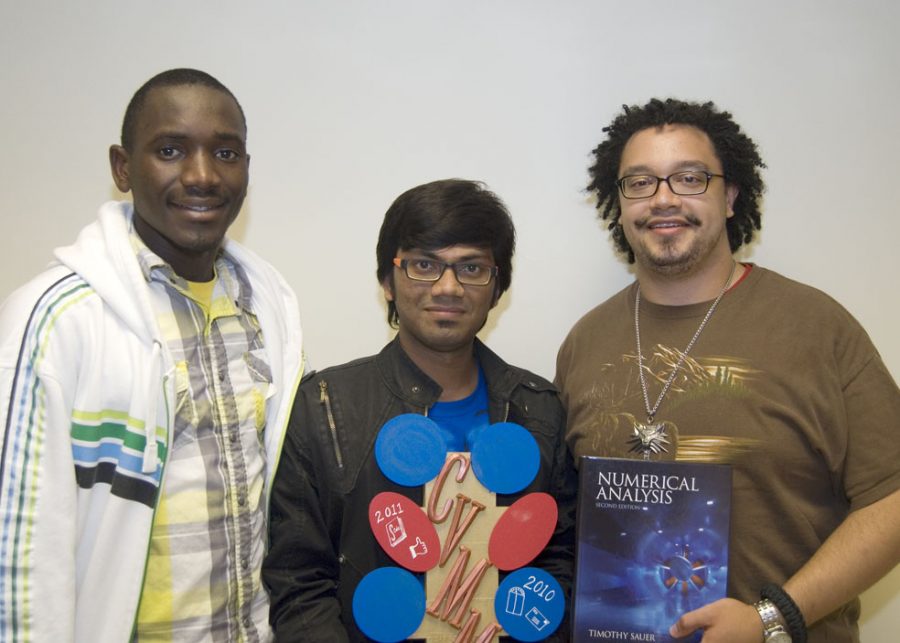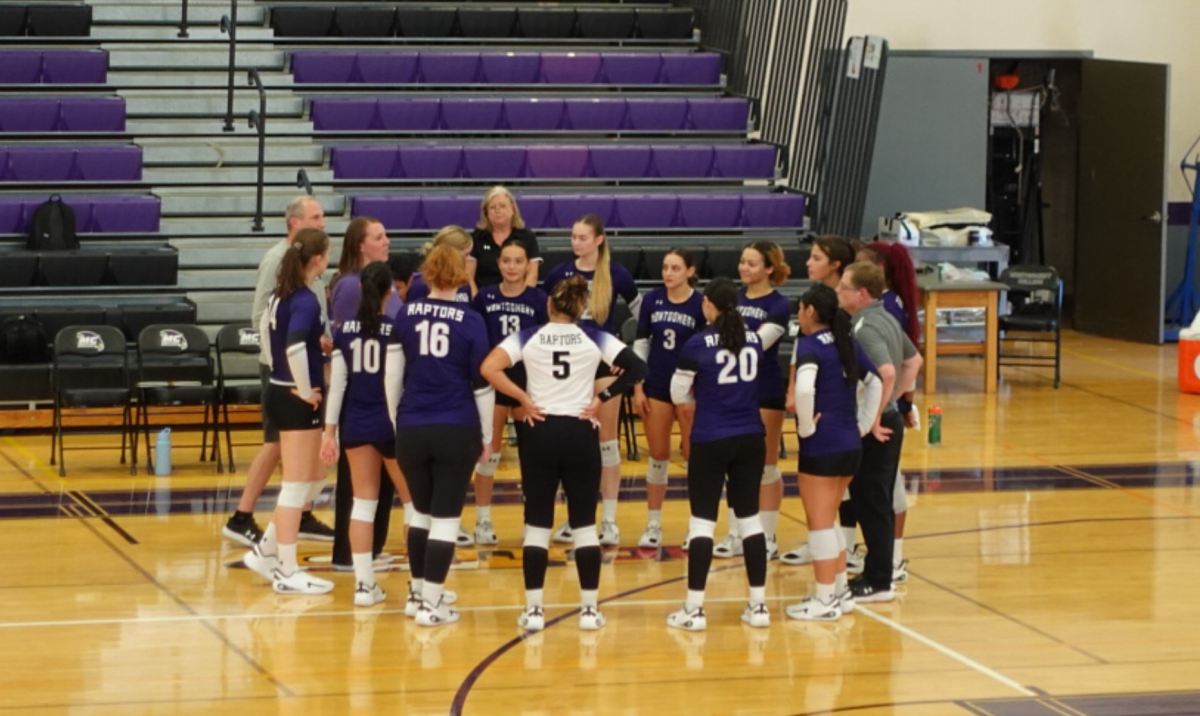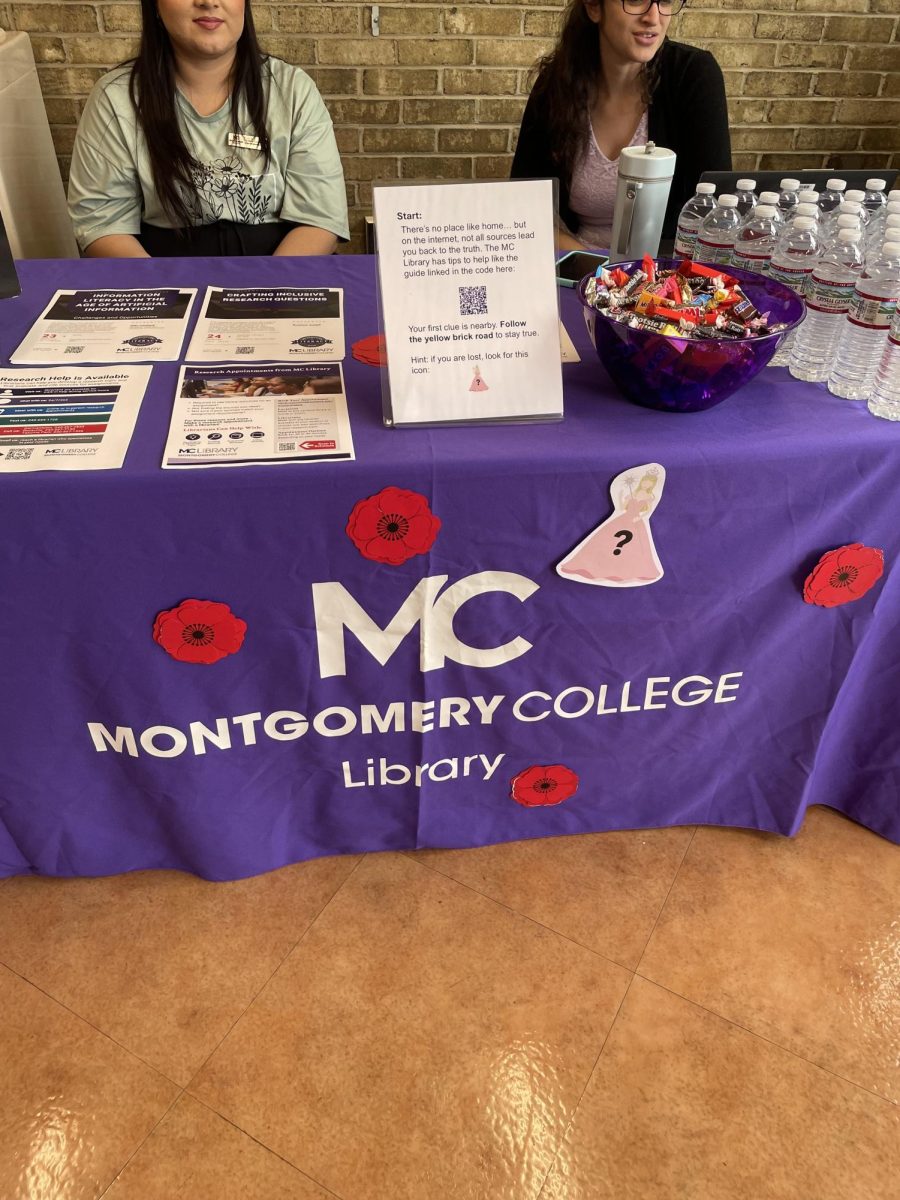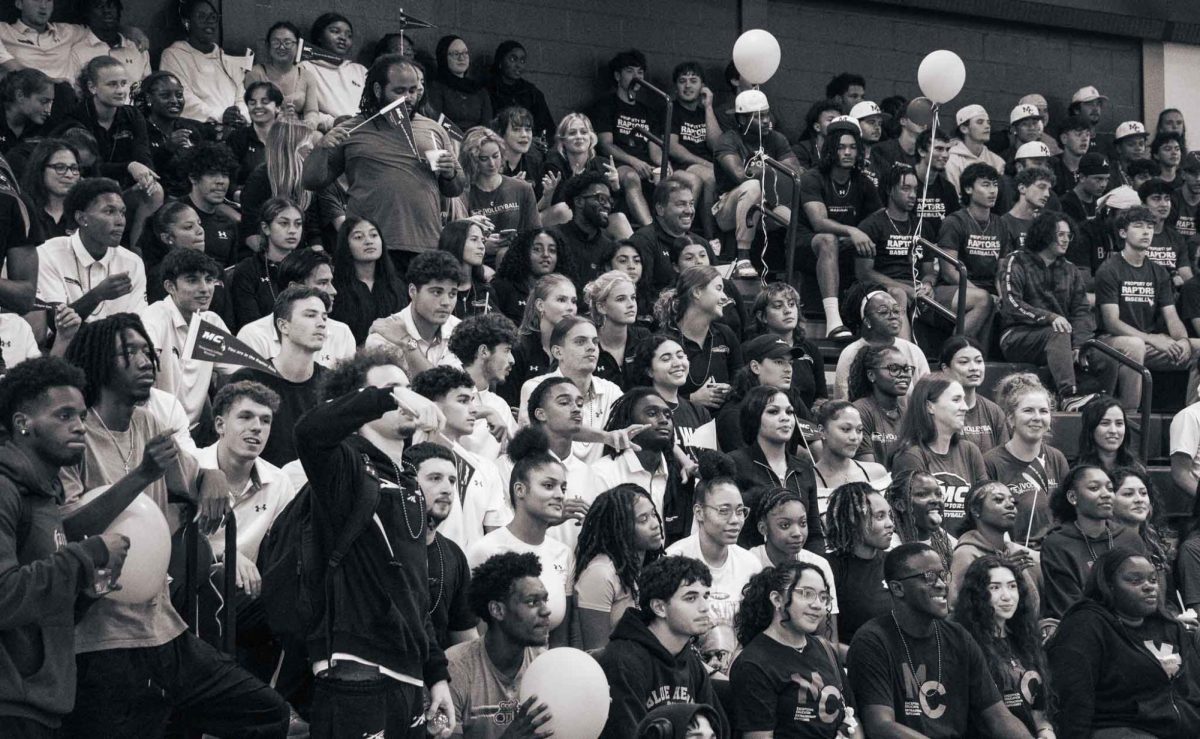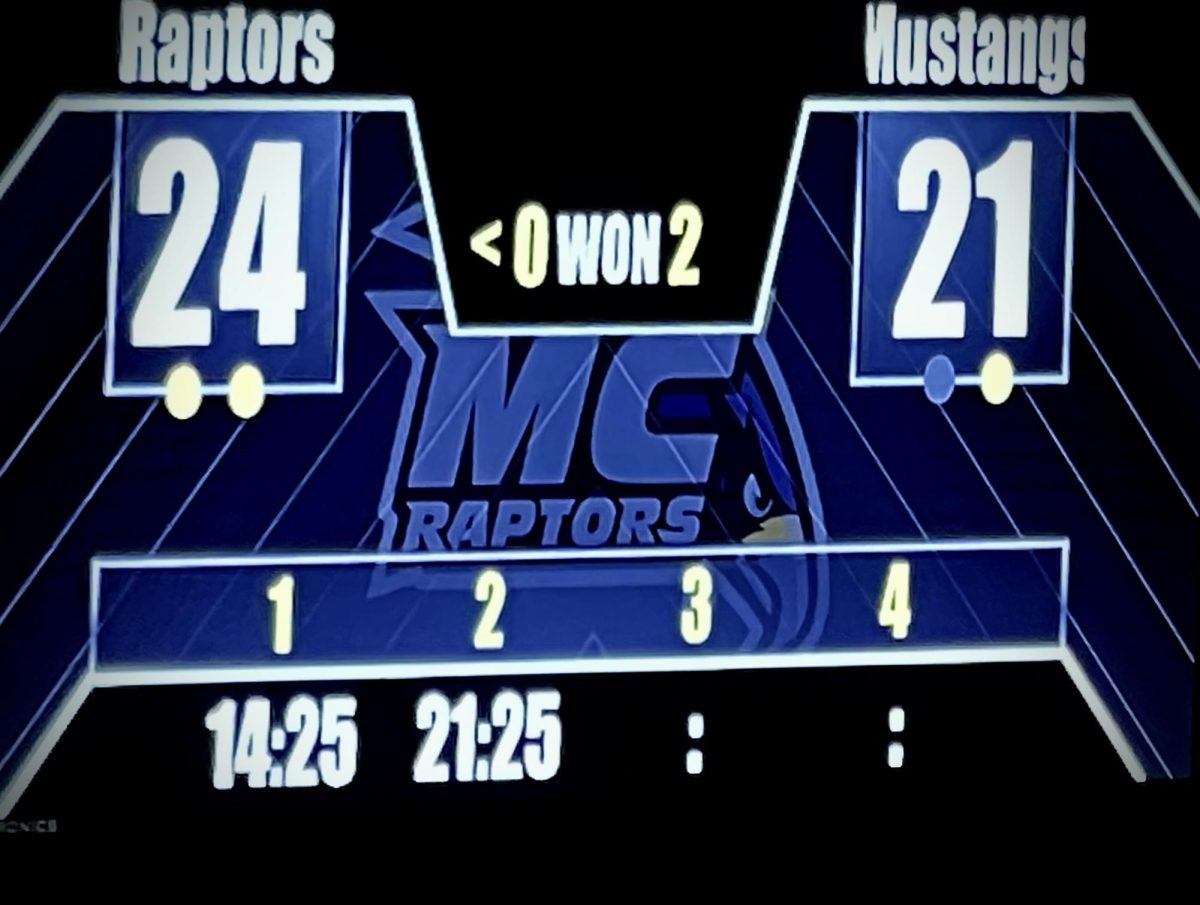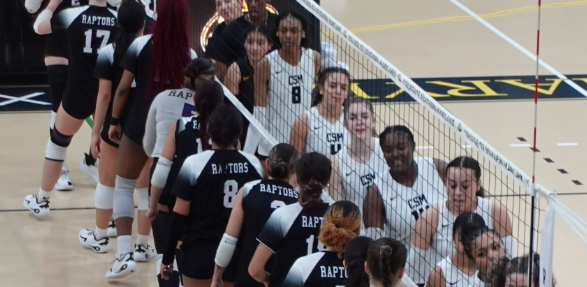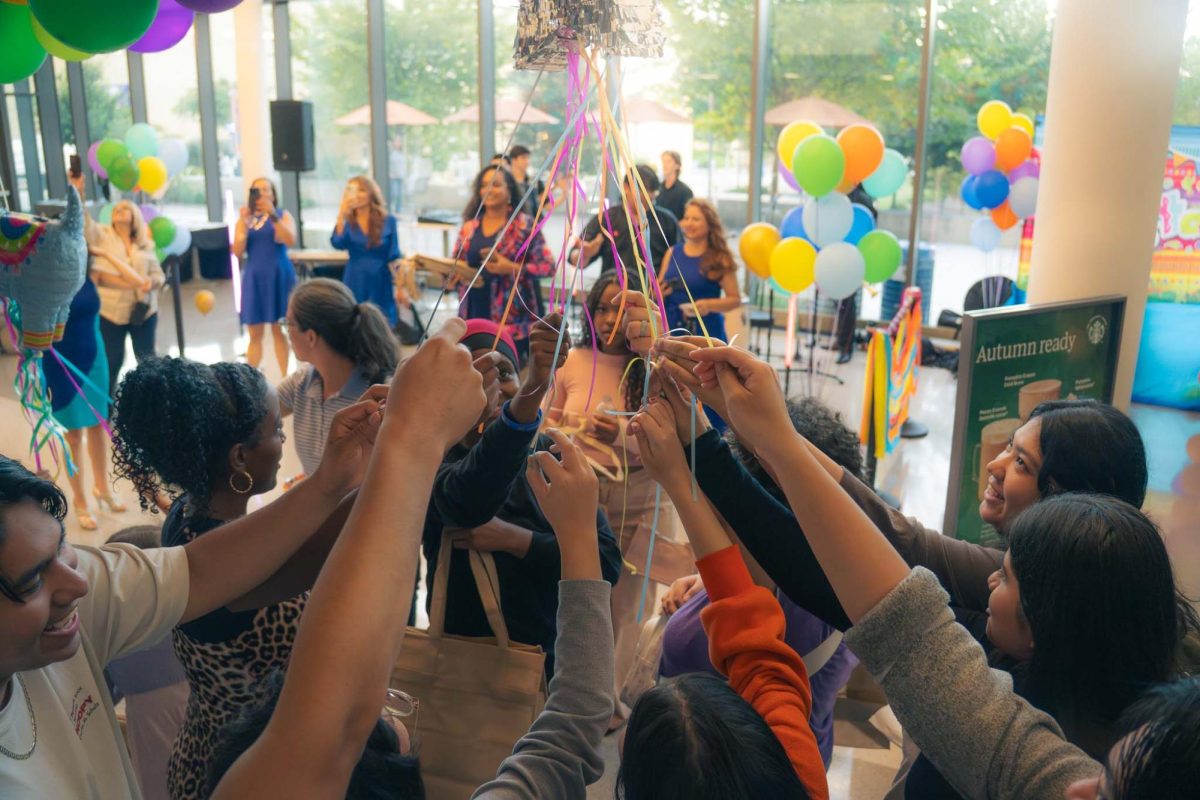Three members of the Montgomery College Tacoma campus Math Club took first place for best presentation in the fourth annual Cumberland Valley Math Modeling Challenge, held at Shippensburg University in late September of last year. Along with MC’s team – comprised of Denning Achidi, a Cameroonian student majoring in Philosophy; Luke Bittner, an Americna student majoring in engineering; and Mario Mondal, a student from Bangladesh majoring in engineering – there were 17 teams from both four- and two-year institutions around the region. Participating teams included Frederick Community College, Hood College, Lock Haven University, The College of New Jersey, and the defending champion West Point Military Academy.
Each team was given 24 hours to model a real world scenario, write up an executive summary of their work, and prepare a power point presentation detailing their methods and conclusions. The quote below was taken from our team’s summary and describes quite well the problem they considered:
“Over the past 50 years, urban, suburban, and industrial areas have expanded, encroaching upon existing agricultural lands as well as forest areas. Taken to its logical conclusion, this trend will result in decreasing cropland and an eventual threat to our food supply. This is a large, multi-faceted problem, and to help narrow it down, our team asked several questions: Where is the tipping point? How can we continue to expand developed areas without endangering agricultural ones?”
Achidi, Bittner, and Monal worked brilliantly as a team to produce both a fascinating exploration of this problem and a winning presentation.
Dr. Milton Nash, advisor to the TP/SS Math Club, had his reasons for why he chose to tell students about this competition. When asked why, he smiled and said, “First, this is a great experience for being in the Math Club. Also, I think when a student can win something, his emotion is attached to what he learned, and that can make him/her to study math and to have more fun. The most important thing is, I think, it is a great opportunity for students to learn about teamwork because for this competition, students have to spend the whole weekend together (eat and sleep), so this is a good social experience for the students.”
Bittner, a team member, said he decided to participate in this contest because “this contest is to solve a realistic modeling problem, so it is fun.”
“Not like traditional math competitions, which are more about solving equations,” he said. “This competition needs a broad skill set. You have to be creative, and you are working with other students, so the whole process is a collaboration.”
Achidi was driven to take part in this contest. “I was not sure at the beginning. I was not confident, and I never went to a competition like this,” he said. “But Dr. Nash encouraged me. He said I can do this. Then, I went. And I am glad I went. We won the contest!”
Bittner noted some difficulties the team had during the problem-solving process. “Yes. It was difficult at the beginning. We just have some data, and we have analyzed them, but we had no clue about the solution, and the time was short.”
But even with that, the team persevered. “Almost at the same time, when three of us looked at the data on the blackboard, we realized this was a ratio,” Bittner said. “We were so happy about the exploring. And we almost finished the project eight hours earlier than the finishing time.”
The math problem wasn’t the only obstacle that had to be crossed. “Every team was sent to a classroom, and we just lived in the classroom. We ate in the cafeteria, but we almost didn’t sleep. Everyone was doing their best to solve the problem.”
The team said their winning strategy was to look at the problem in a different way than other teams. They looked at the pattern of the data first, but other teams were trying to come up with equations first. “Mario Mondal was doing data processing,” Bittner said. “Achidi was doing research, and I was doing the presenting and concluding. Everybody in the team did their best jobs.”
“I had a wonderful feeling of victory,” Bittner said about their victory. “And I am very pleased that everybody in the team worked one hundred percent.”
“It was a great collaboration experience, and we won,” Achidi said.
“I am very impressed by the students,” Dr. Nash said about the experience. “Each one contributed in a good way. Next year, we will go back. Maybe we will form a women’s team too. I think the idea of spending an entire weekend with a bunch of guys might be a turn off for some young women. So maybe having a women’s team will encourage more female students to participate in the competition.”


